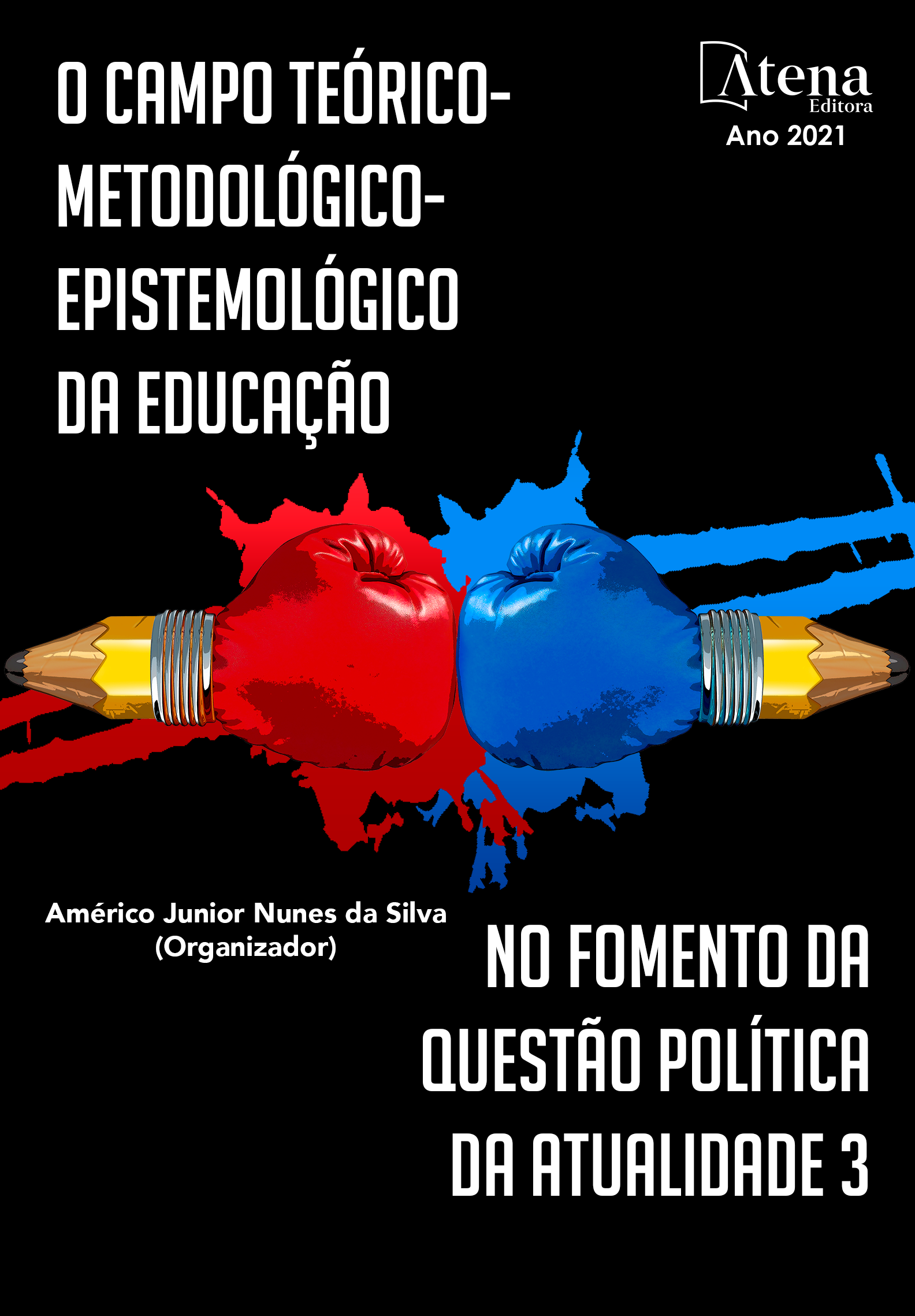
ADOLESCÊNCIA, DIVERSIDADE E INCLUSÃO: PELA TRANSVERSALIDADE EDUCACIONAL NA CONSTRUÇÃO DO SUJEITO
Essa pesquisa bibliográfica e de campo, essa última metodologia realizada através das observações das autoras em duas escolas públicas, e em andamento, com adolescentes ouvintes e surdos incluídos na mesma sala de aula, no município do Rio de Janeiro, gerou questionamentos provenientes das especificidades do processo educacional na adolescência. As escolas sabem Quem são esses sujeitos da aprendizagem, para disponibilizarem práticas pedagógicas significativas? Há espaços para que os adolescentes, ouvintes e surdos, manifestem seus desejos? A diferença linguística torna-se um empecilho nas interações entre os estudantes? Observa-se que nossas escolas públicas brasileiras, apesar das garantias das leis, não vêm cumprindo de forma qualitativa práticas pedagógicas que levem em consideração as características cognitivas e emocionais dos adolescentes ouvintes e surdos incluídos nas turmas regulares de ensino. Esse estudo tem como objetivo refletir sobre as consequências desse quadro de insucesso na construção desses sujeitos que, mesmo com suas diferenças linguísticas, estabelecem laços sociais, que os unem pelo traço da identificação por estarem na adolescência e dividirem o mesmo espaço escolar que não os atendem em suas singularidades.
ADOLESCÊNCIA, DIVERSIDADE E INCLUSÃO: PELA TRANSVERSALIDADE EDUCACIONAL NA CONSTRUÇÃO DO SUJEITO
-
DOI: 10.22533/at.ed.30121250318
-
Palavras-chave: Adolescência. Inclusão. Educação.
-
Keywords: Adolescence. Inclusion. Education.
-
Abstract:
This bibliographic and field research, this last methodology carried out through the authors' observations in two public schools, and in progress, with hearing and deaf adolescents included in the same classroom, in the city of Rio de Janeiro, generated questions arising from the specificities of the educational process in adolescence. Do schools know who these learning subjects are, to provide meaningful teaching practices? Are there spaces for adolescents, listeners and deaf people, to express their desires? Does linguistic difference become an obstacle in interactions between students? It is observed that our Brazilian public schools, despite the guarantees of the laws, have not been complying with qualitative pedagogical practices that take into account the cognitive and emotional characteristics of hearing and deaf adolescents included in regular teaching classes. This study aims to reflect on the consequences of this situation of failure in the construction of these subjects who, even with their linguistic differences, establish social bonds, which unite them by the trait of identification because they are in adolescence and share the same school space that do not serve them in their singularities.
-
Número de páginas: 9
- Katia Cristian Puente Muniz
- Luzia Cristina Nogueira de Araújo


